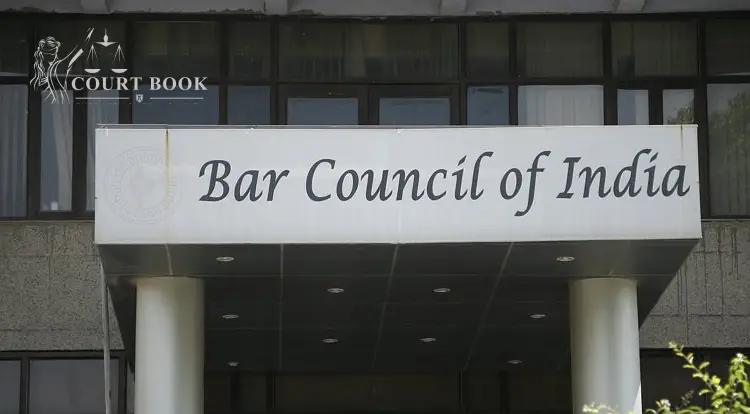The Bar Council of India (BCI) has formally expressed its concerns to Union Law Minister Arjun Ram Meghwal regarding the proposed Draft Advocates Amendment Bill 2025. The BCI contends that the bill introduces significant changes that could compromise the autonomy and independence of the legal profession.
In its representation, the BCI describes the draft bill as 'shocking,' highlighting several provisions that it believes would undermine the self-regulatory nature of the Bar. The council has specifically objected to amendments affecting the Advocates Act of 1961, urging for the removal or correction of these contentious provisions.
Read Also:- Delhi Lawyers Protest Against Advocates (Amendment) Bill: Key Details and Concern
A major point of contention is a provision allowing the Central Government to nominate up to two members to the BCI. The BCI argues that such nominations would compromise its autonomy, effectively transforming it into a government-controlled entity rather than a self-regulating professional body. The council has called for the deletion of this provision.
Another significant concern is a clause that empowers the Central Government to issue directives to the BCI. The council views this as a direct assault on the Bar's autonomy, potentially undermining the self-regulatory framework that has been a cornerstone of the legal profession.
The draft bill also includes a provision aimed at limiting protests. The BCI contends that this infringes upon the fundamental right to protest, which it considers a legitimate method for voicing concerns about judicial reforms, professional ethics, and legal infrastructure. The council has requested the removal of this provision.
Regarding the regulation of foreign law firms, the draft bill proposes shifting this responsibility to the Central Government. The BCI asserts that it is well-equipped to oversee foreign law firms and suggests that it should retain this authority, formulating rules in consultation with the government.
The council also opposes granting the Central Government the power to determine enrollment fees, arguing that this could lead to arbitrary changes and confusion for aspiring advocates.
Changes to the definitions of 'legal practitioner' and 'practice of law' in the draft bill have also raised alarms. The BCI points out that the new definition of 'legal practitioner' includes firms and entities not registered with Bar Councils, introducing vague criteria that could create significant loopholes. Additionally, the omission of the definition of 'practice of law,' which previously encompassed both litigious and non-litigious activities, is seen as creating ambiguity and inviting unregulated practices. The council advocates for the reinstatement of the original definitions.
Furthermore, the BCI is concerned about the arbitrary removal of definitions for 'Non-Practicing Advocate,' 'Serious Misconduct,' and 'Serious Offence.' The council also seeks the elimination of the phrase 'or causing obstruction in court's functioning' from the provision that grants state bar councils the authority to remove names from the roll.















